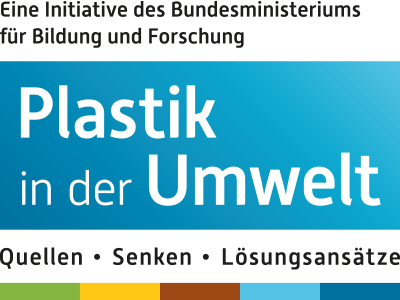Factsheet 15: Industrial plastic pellet loss
Factsheet 15: Industrial plastic pellet loss
Plastic pellets are used in large quantities in industry as a raw material for further processing into plastic products. In 2019, 14 million tonnes of plastic were processed by over 7,000 companies in Germany. The small pellets can enter the environment at various points in the supply chain. The researchers from the collaborative project InRePlast clarify in factsheet 15 which entry pathways are particularly important, how much politics is already doing to combat the problem and at which points there are further options for action.
The InRePlast project examines and classifies the occurrence of plastic parts of at least 1 mm in size in sewage treatment plants and road drainage systems in the municipalities of Aachen, Roetgen, Simmerath and Stollberg. Surveys and a laboratory experiment support the analyses. Based on this, proposals for environmental policy instruments to prevent the inputs are developed.
Factsheet 15 is available for download here.
Daskalakis, Maria; Breitbarth, Marco; Hentschel, Anja; Kaser, Simon (2022): Industrial plastic pellet loss: measures to prevent input into the environment are necessary. Factsheet 15 of the BMBF Research Focus Plastic in the Environment.
